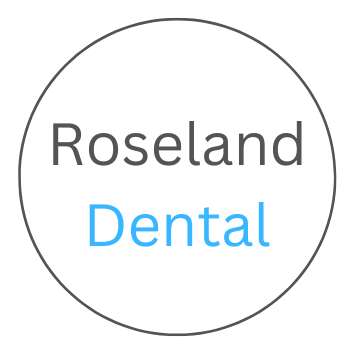Causes, Symptoms, and Treatment
Temporomandibular joint disorder (TMD) is a condition that affects the jaw joint and surrounding muscles, often resulting in significant pain and discomfort. While it can be temporary for some, others may experience symptoms that persist for years, impacting their daily lives. This condition is more prevalent among women and tends to occur most frequently in individuals between the ages of 20 and 40.
Symptoms of TMD
The symptoms of TMD can vary widely from person to person, but commonly include:
Persistent pain or tenderness in the face, jaw joint, neck, and shoulders.
Difficulty opening the mouth fully.
Occasional locking of the jaw in open or closed positions.
Clicking, popping, or grating sounds in the jaw joint during movement.
Facial fatigue or a tired feeling.
Challenges with chewing or discomfort in the bite alignment.
Causes of TMD
TMD can have multiple contributing factors, including:
Trauma or injury to the jaw joint.
Inflammation of the joint due to arthritis or other conditions.
Muscle strain from teeth grinding or clenching (bruxism).
Displacement of the soft cushion (disc) between the ball and socket of the joint.
Stress or anxiety leading to facial muscle tension and teeth clenching.
Seeking Evaluation and Treatment
If you're experiencing symptoms of TMD, seeking evaluation and treatment from a dental professional is essential. At Roseland Dental, our experienced team can conduct a comprehensive examination to assess your jaw joint functionality, check for signs of inflammation or injury, and listen for any abnormal sounds during movement.
Treatment options for TMD may include:
Pain management techniques, such as heat or cold therapy.
Lifestyle modifications to reduce stress and alleviate muscle tension.
Dental interventions, such as orthodontic adjustments or the use of oral appliances to prevent teeth grinding.
Physical therapy exercises to improve jaw mobility and strengthen surrounding muscles.
In severe cases, surgical interventions may be considered.
Temporomandibular joint disorder can significantly impact your quality of life, but with proper evaluation and treatment, relief is possible. If you're experiencing symptoms of TMD, don't hesitate to reach out to our team at Roseland Dental for expert care and support. Together, we can work towards restoring your oral health and well-being.
Don't let TMD hold you back from enjoying life to the fullest. Contact us today to schedule a consultation and take the first step towards relief!

